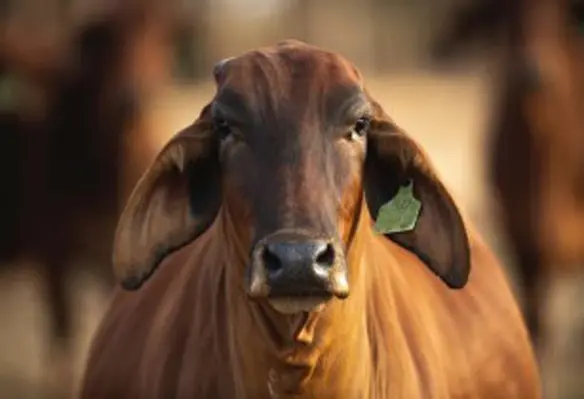Oxitec, a developer of biological solutions to control pests that transmit disease, destroy crops and harm livestock, has launched a programme aimed at the cattle tick, Rhipicephalus microplus, an expanding global pest of cattle and other livestock, causing billions of dollars in losses annually
Oxitec will work with Clinglobal, one of the world’s largest science-based animal health service providers, incorporating Clinglobal's deep and industry-leading expertise in animal vector control practices.
As a species-specific approach to controlling pests, Oxitec’s Friendly technology platform offers a safe, environmentally friendly, and sustainable solution, proven to significantly reduce target pest populations to very low levels. A future Friendly cattle tick solution would reduce reliance on pesticides and offer cattle farmers a new way of protecting the health of their animals without the use of chemical pesticides.
Grey Frandsen, Oxitec’s CEO, said, “The cattle tick is a devastating pest, causing high rates of cattle mortality, which in turn impacts the lives of farmers and food security globally. With few effective solutions available to farmers, this new programme will lay the groundwork for a safe and sustainable solution accessible to farmers around the world. The Oxitec team is excited to join the fight against this tick, and we couldn't be happier to be doing this work in collaboration with the innovative team at Clinglobal. They bring an incredible depth of experience, innovation and passion that will help propel the development of a Friendly cattle tick.”
Of all tick pests, the cattle tick, known also as the Asian blue tick, or Rhipicephalus microplus, has the greatest economic impact around the world, causing billions of dollars in damage and losses. It reduces yields through parasitic blood-feeding on livestock ̶ mainly cattle – and transmits deadly diseases such as babesiosis and anaplasmosis. Originally native to Asia, the tick has spread around the world, causing particular devastation in sub-Saharan Africa and the Americas. Cattle farmers are currently reliant on pesticides to manage these tick pests, and the cattle tick has become widely resistant to these chemicals ̶ making them even more difficult to control.
This cattle tick feasibility project joins the Oxitec pipeline of solutions being developed to deliver targeted biological control of pests. Oxitec’s self-limiting technology platform has already been tested successfully around the world in trials and projects against major agricultural and public health pests.





